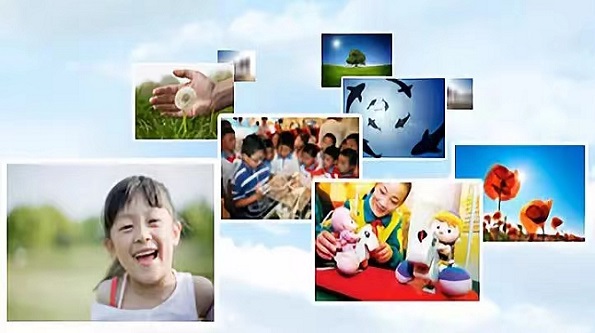
“No premarital sex. That was the education or social principle that I received in my childhood,” said Zhu Guizhen, a retired primary school teacher in Kunming, the capital of the southwestern province of Yunnan.
“When I was in high school, girls used to spit on boys who displayed affection toward them. It was widely seen as a way of showing a girl’s purity. Premarital sex was very rare in my generation,” the 59yearold said.
For thousands of years, sex was not discussed openly in China. Even today, it is taboo. There is no sex education in schools, only lectures on psychological health with little practical knowledge. Parents also avoid discussing the issue with their children because they don’t know how to do so.Zhu didn’t realize how important sex education was until a students’ protest occurred the year before her retirement in 2013.
“Students from a class in grade five wrote dirty words on the blackboard to protest against their teacher who had called some of the girls‘dirty’ and ‘flirtatious’ because they wrote love letters to boys,”she said, recalling that nearly half of all the students in the class claimed to have ‘fallen in love’ after the protest.
“I was shocked, and I suddenly realized how important sex education is. Children today are different from my generation. They have more opportunities to explore love and sex and express their curiosity and attitudes. But the problem is: none of us learned sex education before and nobody knows how to explain it, so what we can teach them?” she said.
“I believe sex education should be included in China’s education system as soon as possible. Awareness of physical and psychological health are as important as knowing about science, culture and the arts,” she added.
Based on her 33 years of teaching experience, Zhu suggested that sex education should start at primary school or even earlier; usually at the time children first begin to notice gender differences between males and females.
“I think the biggest challenge is not how to approach children with the relevant knowledge, but whether both parents and teachers can leave bashfulness and the bias about sex education to one side, and be open and talk about it without embarrassment,” she said.
”My 9yearold son started to ask me questions about sexual behavior when he saw animals having sex on a TV documentary. I didn’t know how to respond. We hope such knowledge can be taught in schools.”
Jiang Jun, a parent who participated in his first sex education class at the Dujiangyan Dingxin New Primary School in Sichuan province.
24 percent of respondents had engaged in premarital sex, according to a sixprovince survey of more than 5,000 students ages 12 to 24, which was launched by the Sichuan Sex Education Society in 2014.
Experts Urge Age Appropriate Action
In the Netherlands, sex education, or more accurately education about sexuality, begins at the earliest levels of schooling, according to Zhang Meimei, professor of sex education at Capital Normal University in Beijing.
Far from young people running wild, however, the type of sex education promoted in the Netherlands has resulted in one of the lowest teenage pregnancy rates in the world (six births per 1,000 women aged 15 to 19), according to the World Bank.
Zhang said comprehensive sex education should be ageappropriate:
•Kindergarten (ages2to6): Children are taught about body parts, the physical differences between males and females, and privacy around body issues.
•Primary school (ages 6 to 11): Body development during puberty, basic social conventions of privacy, nudity and respect for others in relationships. Knowledge about human reproduction may also be available.
•High school (ages 11 to 18): Safe sex and contraception, understanding what makes a positive relationship and what makes a bad one. The class may include an introduction to gender pluralism.
•College (18 and older): Gender roles in society, expressing oneself, desires and boundaries, how to handle close relationships with others.
By YANG WANLI

Through training, Changier subsidizes Chengdu University to set up a major of Sex Education. Changier also organizes exp...
Dec 02, 2022 Read Details
No premarital sex. That was the education or social principle that I received in my childhood,” said Zhu Guizhen, ...
Aug 10, 2016 Read Details
[Profile] Ding Yunzhi, female, Hui Nationality, born in September 1984, is a member of the Communist Party of China. She...
Sep 19, 2023 Read Details